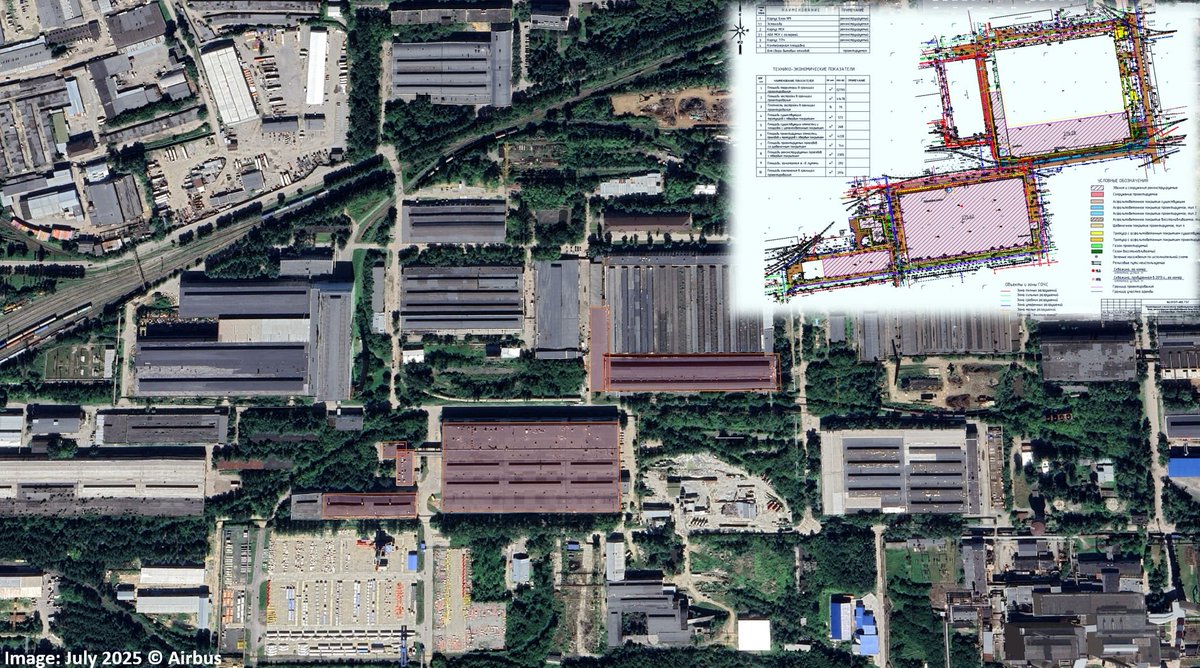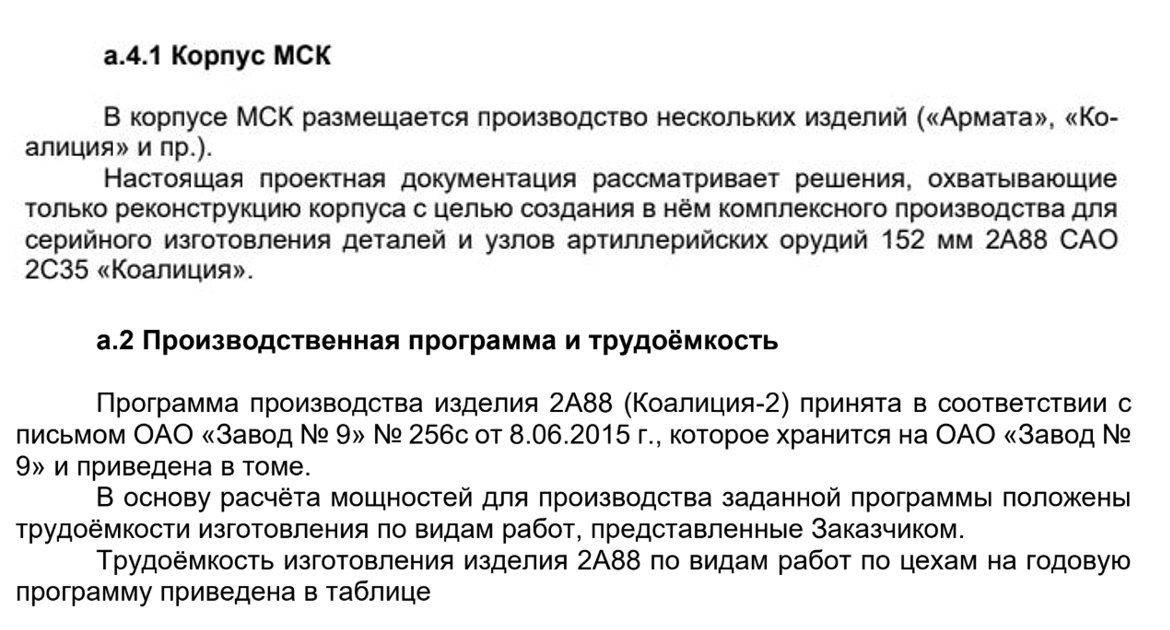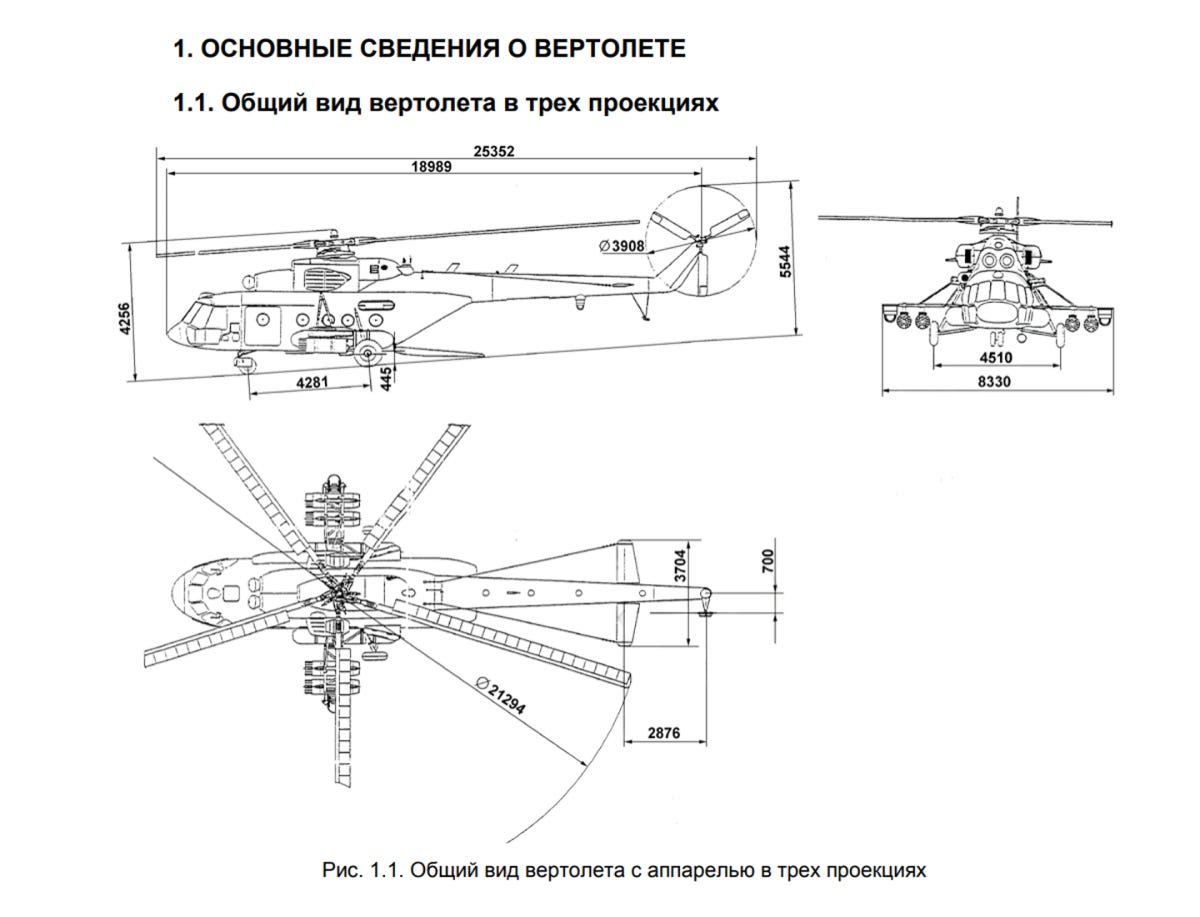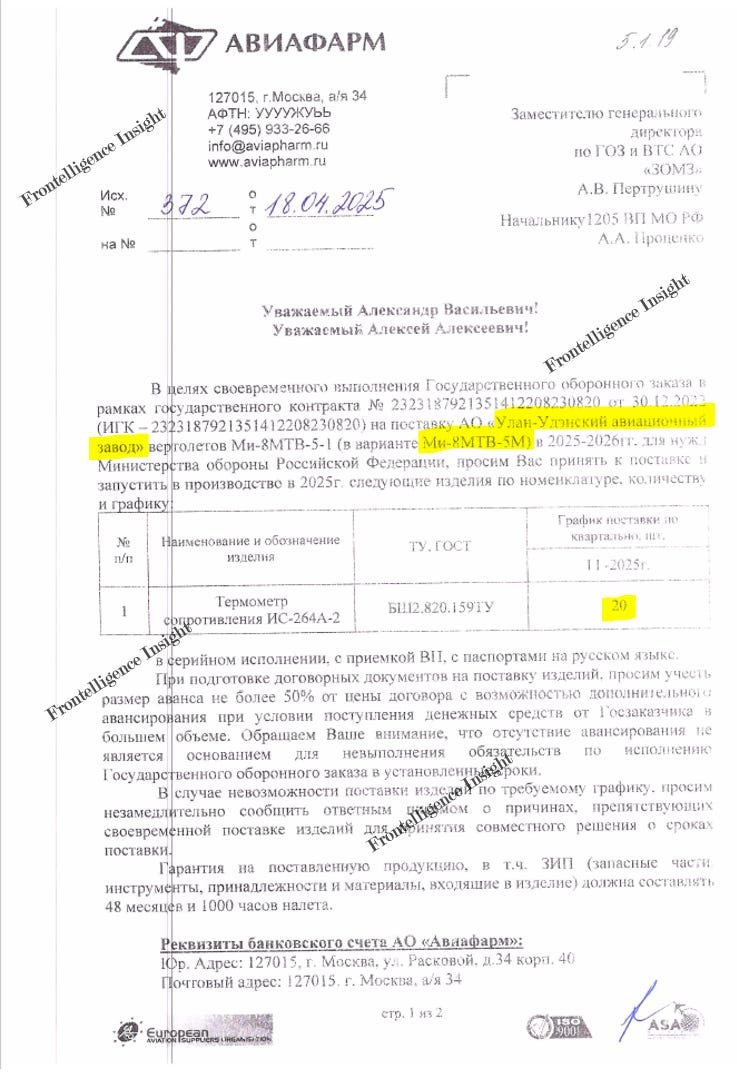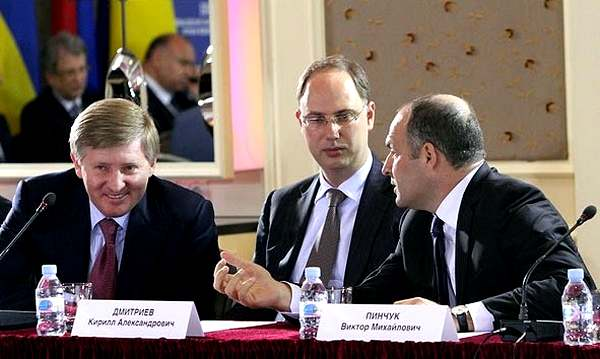Russia is exploiting economic struggles in developing nations, luring thousands of Africans with promises of escaping poverty - only for many to end up KIA or missing. Key findings from Frontelligence Insight’s analysis of unique mercenary records in Africa and the Middle East: 

2/ According to available data, Egypt is the leading contributor, with 291 documented cases. While the full roster of mercenaries remains incomplete, Egyptians make up nearly 25% of the more than 1200 records we have manually reviewed. 

3/ We requested materials from the Ukrainian project @hochuzhit_com, which deals with POWs from all countries fighting for Russia, to see whether they have matching documents. Their records confirmed several individuals have been listed in Russia as missing in action: 

4/ According to the provided MIA card, Egyptian citizen Al-Hudi Amr Ashraf Abdelbari, born July 8, 1989, went missing near Verkhnokamianka during an assault against Ukrainian forces. According to the report, he disappeared following a UAV-dropped munition hit on July 11, 2024 

5/ While Egyptian cases dominate, they are not the only ones. Cameroon and Ghana follow with 199 and 180 documented cases, respectively. The data also confirm earlier reports of Yemeni participation, with at least 49 citizens. Surprisingly, Iraqis outnumber Iranians: 85 to 6 

6/ Respectively to its geographic and population size, The Gambia stands out - 42 confirmed records for a country of 2.7 million population. In comparison, while Egypt is the biggest total number provider, its population is over 115 millions 

7/ Surprisingly, we found very few records from the Central African Republic, despite Russia’s long-standing presence and influence there. In Mali, where the African Corps is also active, only 38 mercenaries were documented to join Russia's army - just two fewer than in Algeria
8/ Overall, recruitment in Africa and Middle East is accelerating rapidly. Out of all records, 1,045 included a contract signing date, allowing us to track the trend: in 2023, there were 146 contracts; in 2024, 248; and in just the first six months of 2025 we identified 651 cases 

9/ According to information provided by the @hochuzhit_com project, more than 100 POWs from 34 countries, excluding Russia, are currently held in Ukrainian custody. It also appears that not all countries are eager to secure the return of their citizens.
10/ Based on another dataset of 3081 mercenary records from around the world, the vast majority of recruits are assigned to infantry, assault, or other combat roles. This indicates that, despite Russian promises of non-combat positions, such assurances are unlikely to be honored
11/ Thank you for reading. In the coming weeks, we will release more materials on mercenaries from different continents, offering further details on mercenaries fighting for Russia. If you find our work useful, you can support us via the BuyMeACoffee:
buymeacoffee.com/frontelligence
buymeacoffee.com/frontelligence
12/ We would also like to thank the @hochuzhit_com project for providing data and individual case details, which made our investigation possible in the first place
• • •
Missing some Tweet in this thread? You can try to
force a refresh



